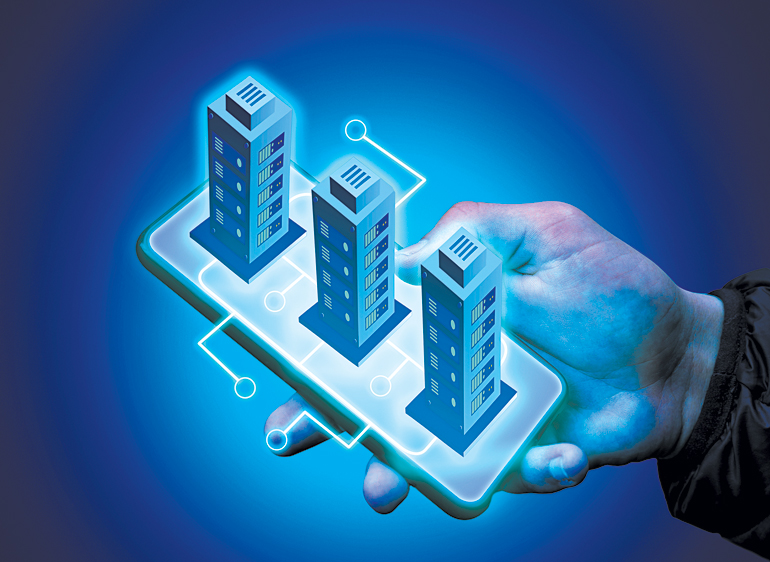Technology’s role in the future of property management in the Philippines

Property management as an industry thrives in developing economies like the Philippines with robust real estate markets, stable legal frameworks and regulatory oversight, and an environment ripe for turning assets into thriving investments.
Metro Manila’s decentralization and the rise of emerging cities in the provinces are spurring the industry to life. As the urbanization of provinces accelerates and real estate markets expand to those outside the capital, the demand for professional property management also rises.
Property managers — whose tasks encompass a gamut of services from the oversight and administration of daily property operations to maintaining property quality through consistent upkeep and repairs — are necessary to ensure the efficient utilization and maintenance of real estate assets, especially for property investors.
The property management industry brings structure and expertise to managing residential, commercial, and mixed-use properties, ensuring they meet modern standards of safety, sustainability, and tenant satisfaction. In a developing economy, where resources need to be maximized, effective property management can even considerably enhance the appeal and functionality of real estate, attracting investments and contributing to economic stability and growth.
It is an especially remarkable period for the industry, as the country’s onward march towards economic growth and urban development coincides with transformative breakthroughs in technology. Machine learning (ML) and artificial intelligence (AI), for instance, are at the forefront, offering unprecedented capabilities to predict and manage various aspects of property management.
Advanced property management software today utilizes big data to monitor property performance, finances, and tenant behaviors, enabling managers to identify key performance indicators and address weak areas. Meanwhile, sustainability is another critical trend reshaping the industry, as property managers increasingly focus on reducing the carbon footprint of their assets by optimizing energy consumption, improving waste management, and incorporating renewable energy resources.
In fact, many local governments across the nation are utilizing technology to improve their cities. In April, the Baguio City government said it is implementing a technology-enabled initiative titled “Project MINERVA (Monitoring of Indicators for Efficient Redevelopment and Value Assessment)” to address urban decay and promote smart city development.
“With the project’s ultimate goal of driving predictions and monitoring models for air quality, water quality, urban mobility, and tourism management, we’re able to use technology to advance our goal of becoming a truly smart city by 2027,” Baguio City Mayor Benjamin B. Magalong said.
Other cities are also turning towards the smart city route. There are the emerging hot spots, like Cebu, Davao, Bacolod, and Iloilo. Early this year, smart city developer Iveda launched a $5-million venture to execute several contracts over the next 12 months to bring smart technologies to these cities. The initiative will build on their existing work in the country and roll out AI-enabled technologies to modernize key infrastructure, such as airports, roads and sidewalks, leveraging AI tools to enhance public safety and city management.
There are also others like the City of Victorias in Negros Occidental, for another example, which announced a digital road map for the implementation of a smart city master plan merging technology and government in partnership with data science and artificial intelligence company Aboitiz Data Innovation (ADI).
Technology is revolutionizing the real estate sector as a whole; and property managers, by embracing these technological trends, can stay competitive in an industry that is poised for growth and meet the ever-evolving needs of urban living. — Bjorn Biel M. Beltran



